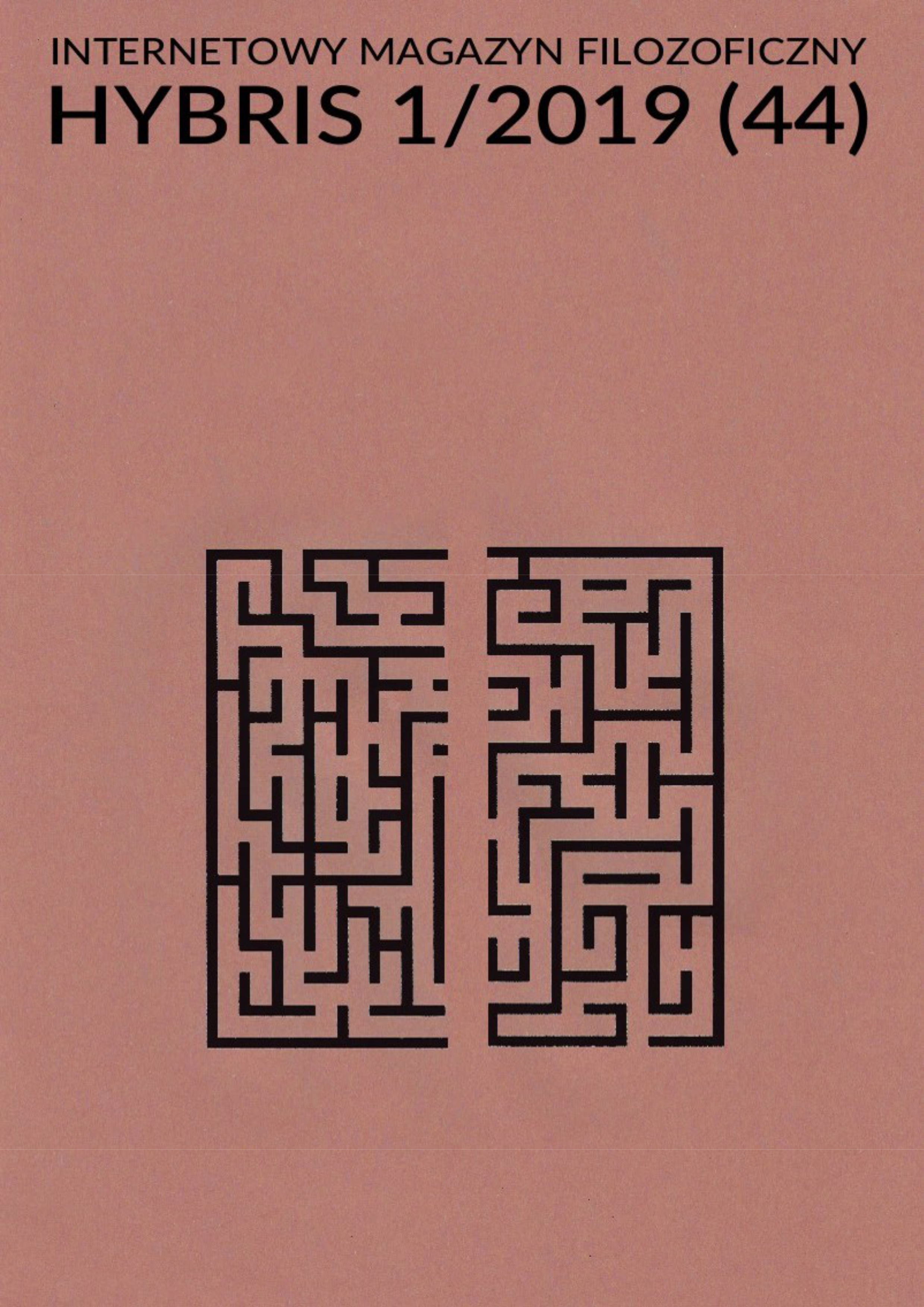Aspekty normy – problem holistycznego ujęcia wzorca normatywnego w świetle myśli późnego Wittgensteina
DOI:
https://doi.org/10.18778/1689-4286.44.11Słowa kluczowe:
Ludwig Wittgenstein, widzenie aspektów, widzieć jako, derywacyjna koncepcja wykładni, norma prawnaAbstrakt
In Polish legal theory there is a generally accepted distinction between legal norms (normative standards) and legal provisions (independent editorial units of a legal text). One of the most developed theories of the interpretation of law, the derivative theory of M. Zieliński, however, also includes the postulate of the reconstruction of the entire legal system as one comprehensive norm (the so-called holistic approach) in the process of applying the law. This postulate stems mainly from assumptions regarding the adopted methods of interpretation. The holistic approach has often been criticized as inadequate in pragmatic terms, but the derivative theory has not yet been thoroughly modified in this respect. In this paper, I propose to apply Wittgenstein's concept of aspect perception as providing adequate conceptual framework to describe the mechanism of identifying relevant parts of the legal norm that deals with the pragmatic inadequacy of the holistic approach, but does not affect the core of the derivative theory of interpretation.
Bibliografia
Day, W., Krebs, V. J. (red.) (2010). Seeing Wittgenstein Anew. Cambridge: Cambridge University Press.
Zobacz w Google Scholar
DOI: https://doi.org/10.1017/CBO9780511750663
Hacker, P. (1996). Ludwiga Wittgensteina późna koncepcja filozofii. W: A. Chmielewski, A. Orzechowski (red.) Metafizyka jako cień gramatyki. Późna filozofia Ludwiga Wittgensteina (11-48). Wrocław: Wydawnictwo Uniwersytetu Wrocławskiego.
Zobacz w Google Scholar
Hanson, N.R. (1965). Patterns of Discovery. Cambridge: Cambridge University Press.
Zobacz w Google Scholar
Kuhn, T.S. (2009). Struktura rewolucji naukowych, tłum. H. Ostromęcka, Warszawa: Aletheia.
Zobacz w Google Scholar
Leszczyński, L. (2004). Zagadnienia teorii stosowania prawa. Doktryna i tezy orzecznictwa. Kraków: Zakamycze.
Zobacz w Google Scholar
McGinn, M. (2013). Routledge philosophy guidebook to Wittgenstein and the Philosophical Investigations. Abingdon: Routledge.
Zobacz w Google Scholar
DOI: https://doi.org/10.4324/9780203198117
Mulhall, S. (1990). On being in the world. Wittgenstein and Heidegger on seeing aspects. Abingdon: Routledge.
Zobacz w Google Scholar
O’Shaughnessy, B. (2012). Seeing an Aspect and Seeing under an Aspect. W: J. Ellis, D. Guevara (red.), Wittgenstein and the Philosophy of Mind (37-59). Oxford: Oxford University Press.
Zobacz w Google Scholar
DOI: https://doi.org/10.1093/acprof:oso/9780199737666.003.0003
Sarkowicz, R. (1995). Poziomowa interpretacja tekstu prawnego. Kraków: Uniwersytet Jagielloński.
Zobacz w Google Scholar
Wittgenstein, L. (2008). Dociekania filozoficzne, tłum. B. Wolniewicz. Warszawa: PWN.
Zobacz w Google Scholar
Wittgenstein, L. (2009). Philosophical Investigations, 4th Edition, tłum. na j. ang. G. E. M. Anscombe i in., red. P. M. S. Hacker, J. Schulte. Hoboken: Wiley-Blackwell.
Zobacz w Google Scholar
Zajęcki, M. (2016). Dwie próby operacjonalizacji derywacyjnej koncepcji wykładni prawa. W: M. Hermann, S. Sykuna (red.) Wykładnia prawa. Tradycja i perspektywy (131-166). Warszawa: C.H. Beck.
Zobacz w Google Scholar
Zieliński, M. (2012). Wykładnia prawa. Zasady, reguły wskazówki. Warszawa: LexisNexis.
Zobacz w Google Scholar
Pobrania
Opublikowane
Jak cytować
Numer
Dział
Licencja

Utwór dostępny jest na licencji Creative Commons Uznanie autorstwa – Użycie niekomercyjne – Bez utworów zależnych 4.0 Międzynarodowe.






